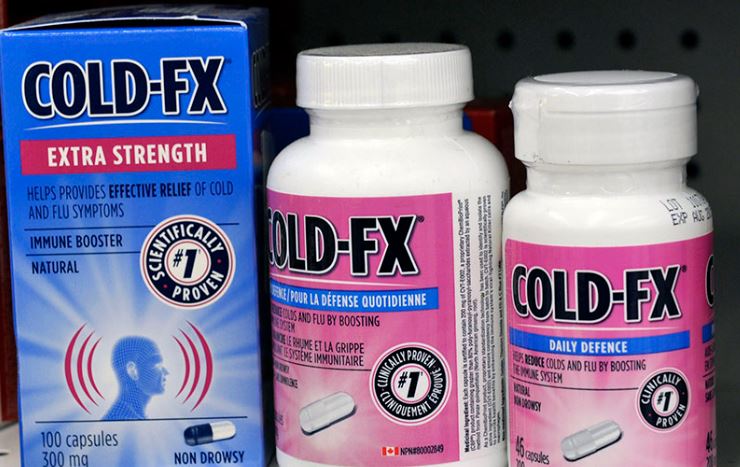
Class-action Lawsuit Against Cold-FX Claiming False Advertisement
A class-action lawsuit has been filed against the companies responsible for the over-the-counter product Cold-FX, alleging that they engaged in deceptive advertising practices regarding its effectiveness. The lawsuit, certified by the Ontario Superior Court of Justice and initiated by Toronto-based Tyr LLP, is targeted at Bausch Health, Canada Inc., the distributor of Cold-FX in Canada, and its affiliate Valeant Canada. The legal action asserts that these companies made false, misleading, and deceptive claims in their advertisements for various Cold-FX products.
These products encompass Cold-FX (regular and extra strength), Cold-FX Daily Support (regular, chewable, and extra strength), Cold-FX First Signs, Cold-FX First Signs Nighttime, and Cold-FX Daily Defence (regular and extra strength). According to Tyr LLP’s statement, the advertisements in question included assertions such as the Cold-FX Products being “proven by science,” “clinically proven,” containing “clinically proven ingredients,” or having a “clinically proven formula” to reduce the frequency, duration, and severity of cold and flu symptoms and enhance the immune system by increasing the proportion of natural killer cells and T-helper cells.
Tyr LLP argues that these claims form the foundation of the allegations in the class action, asserting that the defendants violated provincial consumer protection laws, the federal Competition Act, and the federal Food and Drugs Act.
The lawsuit aims to secure full or partial reimbursement for all Canadians who purchased Cold-FX products between January 1, 2017, and September 28, 2023, or a return of the profits generated during that period. Additionally, it seeks an end to the advertising claims in question.
Bausch Health and Valeant Canada have refuted the allegations, denying that they made false or misleading statements or violated any legislation, according to Tyr LLP.
It’s worth noting that a previous class-action lawsuit against Cold-FX, claiming false advertising, was initiated in 2012 but was dismissed by a judge in 2016 due to the absence of a clear group with identical complaints.








































